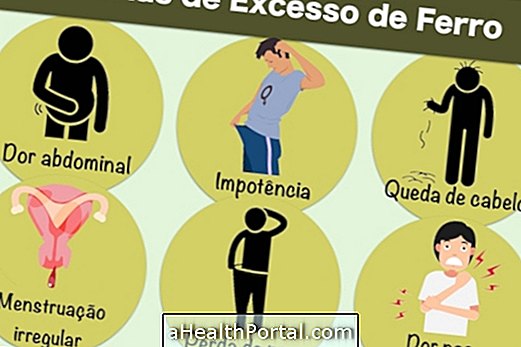In most cases, sexual intercourse can be maintained during pregnancy without any risk to the baby or the pregnant woman, in addition to bringing various health benefits for the woman and the couple.
However, there are some situations that may limit intimate contact, especially when there is a high risk of miscarriage or when the woman has suffered a placental detachment, for example.
Thus, there are women who should avoid having intercourse as early as the first trimester of pregnancy, while others may have to avoid this type of activity later in pregnancy. Some of the problems that may limit intimate contact are:
- Placenta previa;
- Unexplained vaginal bleeding;
- Dilation of the cervix;
- Cervical insufficiency;
- Placental abruption;
- Premature rupture of membranes;
- Preterm labor.
In addition, if there is a sexually transmitted disease in both men and women, it may also be advisable to avoid intimate contact during symptom attacks or until treatment is complete.
In any case, the obstetrician should advise the woman on the risk of having intimate contact and what care should be taken, because in some complications, it may even be necessary to avoid sexual stimulation, since they can cause contractions of the uterus.

Signs that the relationship should be avoided
The pregnant woman should make an appointment to the obstetrician when symptoms such as severe pain, bleeding or abnormal vaginal discharge appear after the relationship. These signs should be evaluated as they may indicate the development of some complication that could jeopardize pregnancy.
It is therefore advisable to avoid close contact until otherwise stated by your doctor.
Already when the pain and discomfort arise during the relationship, they may be being triggered by the weight of the woman's belly, for example. In these cases, it is recommended to try out more comfortable positions. Here are some examples of more advised positions in pregnancy.

























